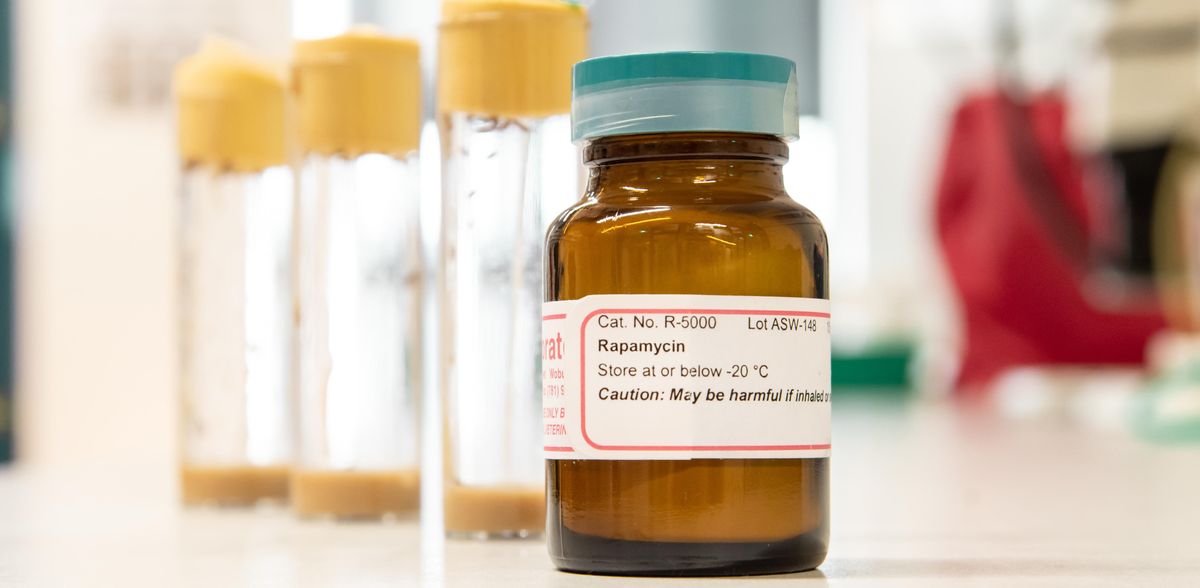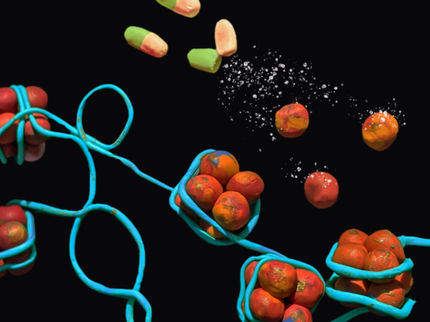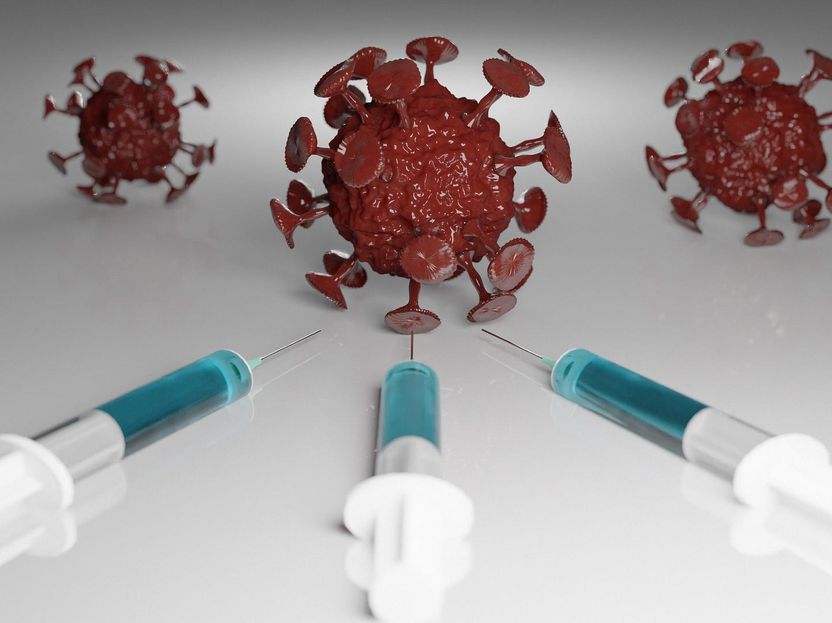Anti-ageing drug rapamycin improves immune function through endolysosomes
Protection against an increase in pro-inflammatory factors with age
Advertisement
Rapamycin is considered a promising anti-ageing drug that improves health in old age and alleviates the age-related decline in immune function. A research group at the Max Planck Institute for Biology of Ageing has discovered in fruit flies that rapamycin activates the so-called endolysosomes, which have a similar function to the stomach in our cells.
The therapeutic drug rapamycin, which is normally used in cancer therapy and after organ transplants, can extend the lifespan and health span of laboratory animals. Understanding how rapamycin extend lifespan is important, as it helps to prevent unwanted side effects. "We know that rapamycin extends lifespan via two mechanisms: increased autophagy and decreased activity of a protein called S6K. It has been shown that mice with altered S6K live longer. But the mechanism by which S6K extends lifespan is unclear," says Sebastian Grönke, co-author of the study.
Better immune function in old age thanks to endolysosomes
The researchers were able to show that an altered activity of S6K influences the endolysosomes. These break down material in the cells and play an important role in regulating various cellular processes, such as inflammatory reactions. "When we suppressed S6K activity or the inflammatory signalling in the fat body, the flies lived longer, showed better immune function at old age and were able to clear bacterial infections more efficiently," explains Pingze Zhang, first author of the study. “Ultimately, we assume that the endolysosomes prevent the age-related increase in pro-inflammatory factors and that this is precisely where rapamycin attacks," concludes Sebastian Grönke.
Syntaxin 13: a link also found in mice
The researchers also identified an important link between the endolysosomal system and age-related inflammation: the protein syntaxin 13. This protein is increased in the liver of rapamycin-treated mice, suggesting that the regulation of the endolysosomal system and the control of inflammatory pathways during ageing is similar between flies and mice.




















































